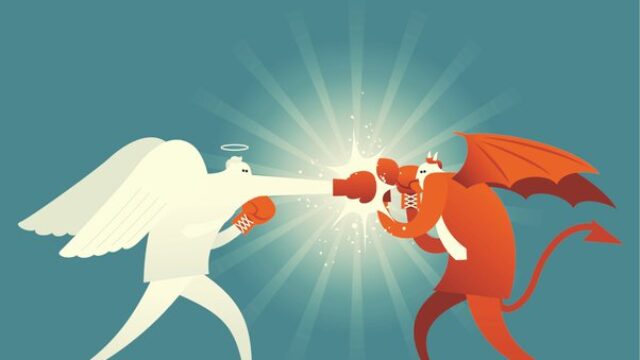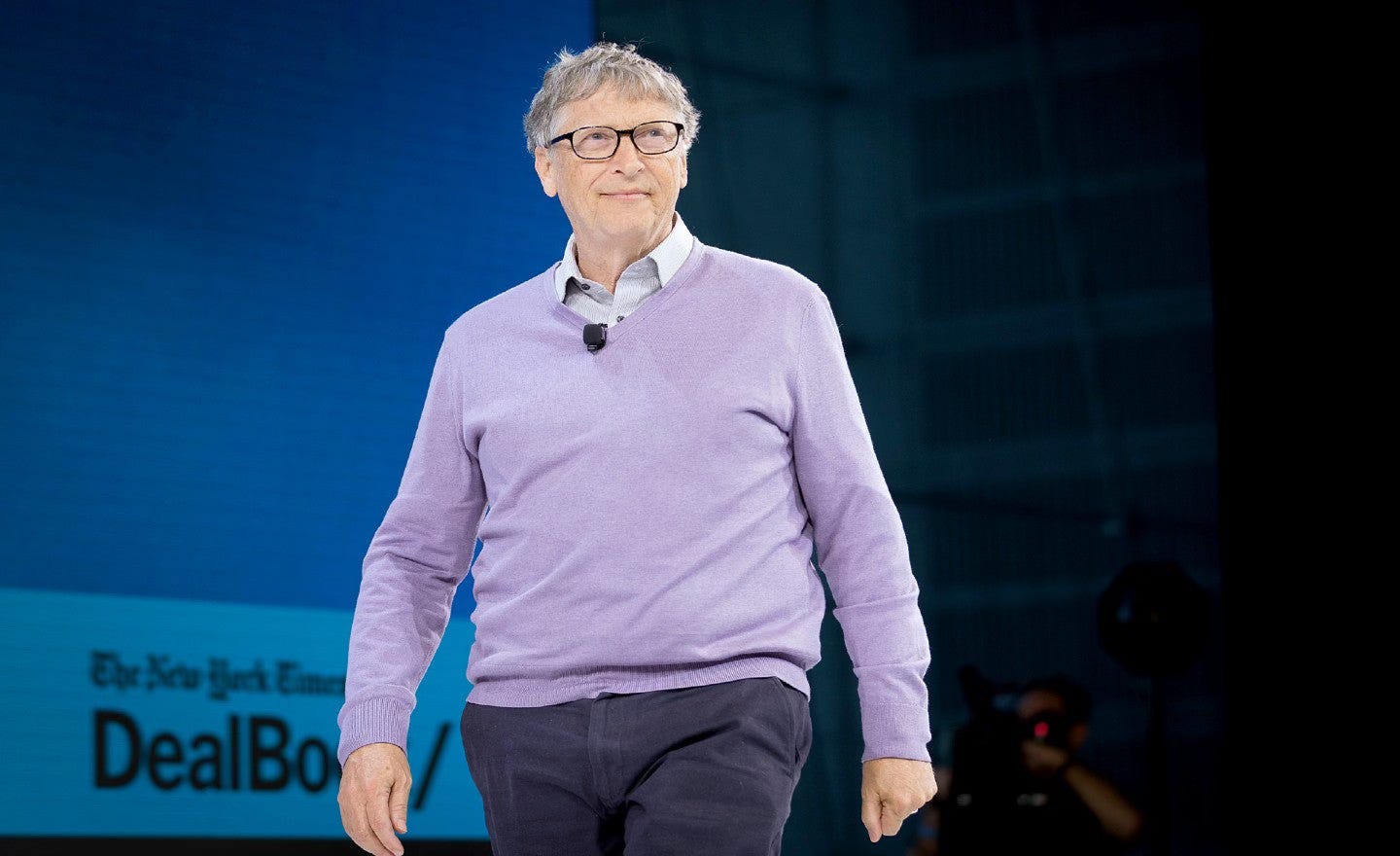Reverse Democratization

Alexis de Tocqueville claims in Democracy in America that every major event, development, and invention since the Middle Ages—including the printing press, firearms, municipal corporations, the Crusades, the New World, and the Reformation—contributed in some way to the democratization of the West. They worked to level the noble and commoner. For Tocqueville this “equality of condition” is the essence of democracy, and the historical process by which it came about was so unstoppable that he calls it a “Providential” fact: “It is universal, it is durable, it constantly eludes all human interference, and all events as well as all men contribute to its progress.”
To be clear, Tocqueville was no cheerleader of democratization. It hardly matters, he implies, whether a person approves of inevitabilities decreed from on high, like democracy; the only relevant question is how to “lessen its vices and bring out its natural advantages.” This was his reason for writing the book.
Democracy certainly had a wild run. But if several centuries of Western history pushed toward leveling, our times are witnessing fascinating reversals.
New Inequalities
Providence must have had good reasons for democratization (unless it was a more sinister cosmic force causing trouble!). But equality can only proceed so far until it undermines itself. Nature is hierarchal, and nature finds a way.
Among the obvious developments is the re-emergence of a moneyed elite in America. Somehow a country which historically prided itself on skepticism of hierarchy allowed an oligarchic class of tech barons, politician-corporatists, and rent-seekers to amass fortunes and power that would put medieval lords to shame. The major difference is that our mock-nobles aren’t actually impressive. Their claim to rule is based on paper wealth and paper credentials, and it’s not clear how well they’d withstand a shock to the system. Like the nobles of old, they specialize in war—but their conquests come by more foxlike means, like predatory economics against the middle class and working class Americans whom they despise. They feel no call to noblesse oblige. Quite the opposite: their credentialed superiority entitles them to bleed others dry in their quest for more.

This is all clear enough—what’s more subtle and more interesting is the development of inequality within the world these mock-nobles have made.
The most painful indication is the body itself. A distressing number of Americans (74% last time I checked) fall into the categories of “overweight” or “obese”—and are consequently lethargic and ill. Many think Ozempic will reduce these numbers, but he who seeks Big Pharma’s silver bullet is like the hopeless chump in the fairy tales who turns to a sorcerer for solutions. Shortcuts don’t fix problems of this size. Ozempic will make things worse.
The crisis of mass obesity means that the fit man is almost a different breed—set apart by his bearing, testosterone, and capacity for feats which are beyond the corpulent populations. A physically impressive man has always been a sight, but the discrepancy between him and the masses has never reached these levels.
These physical distinctions also have moral and spiritual significance. The strong man possesses freedom and agency that the oversized person lacks. One could even argue that the obese are increasingly less to blame for their condition, given that they’ve been misled by “health experts” and preyed upon by Big Food executives. I’m sympathetic to the argument. But this victimhood doesn’t exactly reflect well on the victims: to be without agency might be worse than to exercise it poorly. As BAP once noted, our elites have turned this country into a sheep-shearing operation. The oversized and chronically ill are sheep for the shearing. The vigorous man is not.
Social media accelerates this re-establishment of hierarchy. I, for example, only started to understand the truth about “health experts” (and their campaign against almost everything that’s good for you) when I joined Twitter. There the seekers can find the knowledge denied to them by the normal channels, and also camaraderie with kindred souls making similar discoveries, whether about health, or about almost anything. But those who aren’t equipped to use the technology well will be destroyed by it: killing time, squabbling with strangers, giving their attention to unworthy distractions. So social media, the grand culmination of democratic technology, is a machine for pushing inequality.1
The place of pornography on social media further segregates men according to their quality. A guy will obviously find T&A in abundance on these platforms. At the same time, he just might find a more compelling case against porn on Twitter than he encounters anywhere else—more compelling than the youth minister-type who awkwardly cites the Church’s teaching or the social scientist who offers up “studies” showing “suboptimal outcomes” for coomers. Despite my own intuition that porn was lame and degenerate, I also allowed the hooks to set in and lacked the resolve to free myself. Really, I was more in despair—uncertain that there was a good reason to abstain. It wasn’t until I found admirably brash fellows on Twitter calling porn weak and slavish that I got the message—and only then did I find the rage and resolve to kick the habit, thanks be to God.
Twitter was decisive in helping me and countless others to unlearn a lifetime’s worth of Regime programming about any number of subjects—from food to porn to political pieties. Before Twitter, I was a lonely dissident, too isolated and demoralized to push back in any meaningful way. Lone wolves are not actually formidable. They are vulnerable, which is why the Regime wants you to be an atomized individual cut off from sources of wisdom and resilience. But Twitter connected me to things that I should have been taught in the first place.
For better or worse, these technologies have also reversed the democratizing effects of the printing press, which Tocqueville mentions among the “Providential” developments of modernity. Mass literacy is fast becoming a thing of the past, replaced by audio-visual media for most people. But not for all. The decline of mass literacy means that only the sensitive, disciplined, and focused will have access to the advantages of books, which remain a superior way to take in information, whereas podcasts and the like tend to become just more noise.
Within my own Church there are similar trends, driven by similar forces. Democratic Catholicism—with its aversion to hierarchies and spiritual demands—has run its course. Fewer and fewer people see the point of such a casual religion. This is one reason why Mass attendance has fallen so much since the feel-good reforms of the mid-twentieth century. (You might as well sleep in and/or watch the Sunday pre-game shows.) But that’s not the end of the story. Serious Catholics are turning to more reverent options: TLM parishes, Anglican Ordinariates, or even just reverent Novus Ordo ones. The result is that more people will have minimal spiritual nourishment, and more people will have significant spiritual nourishment.
In these ways and others, inequalities are on the rise.
Implications
The leveling process which Tocqueville saw as the trend of all trends for several centuries has ultimately led to a soft democratic despotism and mass human degradation. But in this moral, spiritual, and physical squalor, a few can find means of escape.
Leveling isn’t just a matter of the distribution of wealth and a few laws—but also a framework for making sense of reality and ordering society. Democracy, Tocqueville says, “creates opinions, engenders sentiments, suggests the ordinary practices of life, and modifies whatever it does not produce […] It is the fundamental fact from which all others seem to be derived.” With the old foundational attitudes and assumptions no longer capable of bearing the same weight, we could be in for interesting times.
One thing is certain: whatever form it takes, the more hierarchical future will demand better from the elite. Thanks to decades of predatory policies and a total absence of leadership, the normies are degraded and suffering—and will need actually noble people to guide and look out for them. Noblesse oblige must ride again, if we are to build anything better in place of the current ruins. This means opportunities for you, Anon! Everything will be riding on it. Everything always has been riding on it.
For an invigorating and disturbing discussion of the deeper realities of social media and the internet, listen to Astral and Parzival’s discussion about the late-90s movie Event Horizon. Their claim is that digital technology seems to have opened a portal to very dark realms just as the deep space technology opened it in the film (which was released as the internet made its way into our lives). The similarities are uncanny, and the upshot is that we ought to approach the internet/social media as a dangerous frontier where everything is on the line.
https://thechivalryguild.substack.com/p/reverse-democratization
